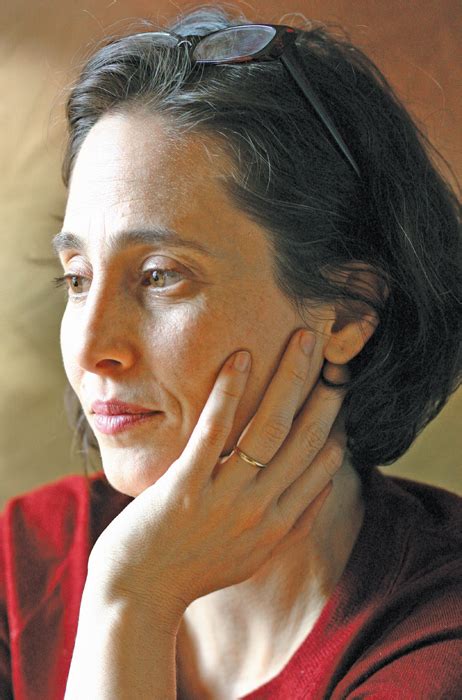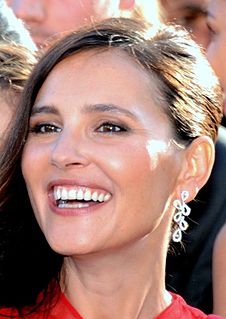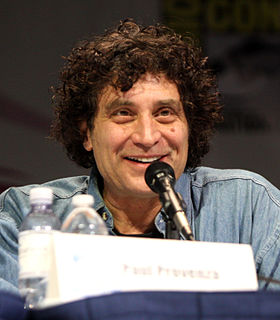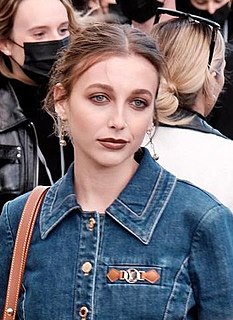A Quote by Beth Grant
The Coen brothers: Of all the directors I've worked with, they're the only ones who have given me the storyboards attached to the script. It was very cool for me, because I knew when I was in close-up or if it was far away, and it also made me know that anything that happened in the edit wasn't personal. Because they edit their own movies, so they were editing it as they went.
Related Quotes
I watched a lot of silent directors who were absolutely great like John Ford and Fritz Lang, Tod Browning, and also some very modern directors like The Coen Brothers. The directors take the freedom within their own movies to be melodramatic or funny when they chose to be. They do whatever they want and they don't care about the genre.
Performance is made in the editing room, and I've come to see the truth in that - the idea that they say performances are usually made in the editing room because what you film is the raw material. I think just going through the process of saying, "Which take do we use? Why is that the take we want? I want that take can you edit again, I'm not sure that's the one, I think it's this one." And just because you go through that process, I think somehow it's made me sort of more open about the [actor's] possibilities.
It's so odd because I don't even know if I'm cut out for it, but being a movie star guy, I sort of end up gravitating toward the Coen brothers. That's one of the reasons my wife and I moved to L.A.: that however much of a pipe dream that would be, I moved to L.A. because I'd love to work with the Coen brothers.
When I got onto set with him we were given a folder of storyboards. I thought that was pretty incredible because I hadn't worked with anybody who used storyboards before so he obviously had a very precise way as to how he visualized the film from the very beginning. It was every scene, but to his credit he was incredibly collaborative and gave us many opportunities to have our own input and to change things with him, so it was a really great way of working.




































